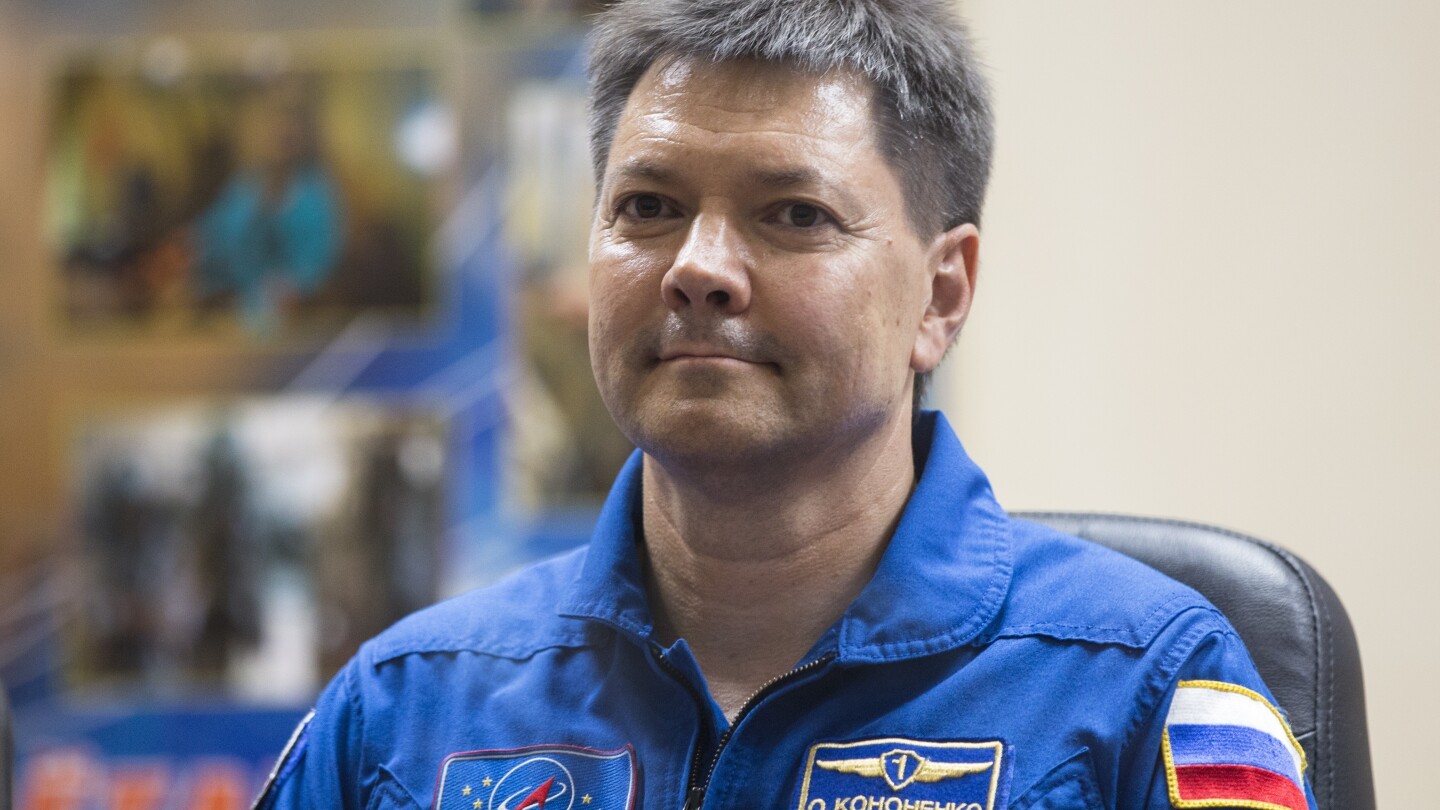Is he trying to avoid being sent to the Ukraine front?
The joke is on Russia then. Several times a day he’s only 250 away from Ukraine.
The joke is on Russia then. Several times a day he’s only 250 away from Ukraine.
We’re all only 250 away from Ukraine at any given moment, assuming we can define our own unit.
Well … Can’t argue that.
Damnit. Potentially misleading headline.
I assumed it meant consecutive days and I was pumping my fist as I figured that if any space agency would sacrifice an astronaut to find out how long it takes for zero G to kill, or permanently compromise their health, well, it would be Roscosmos…
Still, very impressive.
Edit: Not because I want this guy to die, but because I’m really curious about the hard health limits of zero g living.
Can we coat the ISS with that fancy radiation eating fungus? That would make it healthier, right?
A lot of the issues aren’t even radiation. Your body just breaks down. Your bones for example become extremely brittle.

Just talk to my man Nico. I hear he has some Osteo-X he’s looking to move.
Poor guy:
His health’s likely irrecoverably-fucked, now.
NASA did a twins-study, with 1 up there, & 1 down here, to discern, better, the costs of being up there…
there’s plenty of evidence: it eats your health.
wishing him well…
Stupid people down voting you, being in space has some very bad effects on the human body.
One of the reasons we send people up there is to experiment on ways to mitigate the effects of long-term exposure to the radiation and micro-gravity.
Micro-gravity also allows for biological experiments that are too costly or complex to achieve planetside. So not only is he testing protocols and treatments for long-term space travel, but he’s working towards therapies and treatments which become available to the earthbound.
It’s a real shame that they never got to install the centrifuge module on the Iss. It was supposed to be big enough for a person to fit in, and would spin to simulate gravity. The best way to mitigate damage is to remove the thing that’s damaging you. We don’t test how to survive radiation exposure by having people stand next to some plutonium and see how many jumping jacks stop them from getting cancer. We have protocols about how long you can be around radiation, and how fast you need to leave the area. Microgravity would be treated the same way: how long until it starts affecting your health, and what’s the minimum amount of rotational artificial gravity needed to stave off the effects.
Well… if you’re looking for cutting edge microgravity research, I guess there’s always The Wentian experiment module over on the CSS
Yeah, I can understand why he’d rather stay away.






